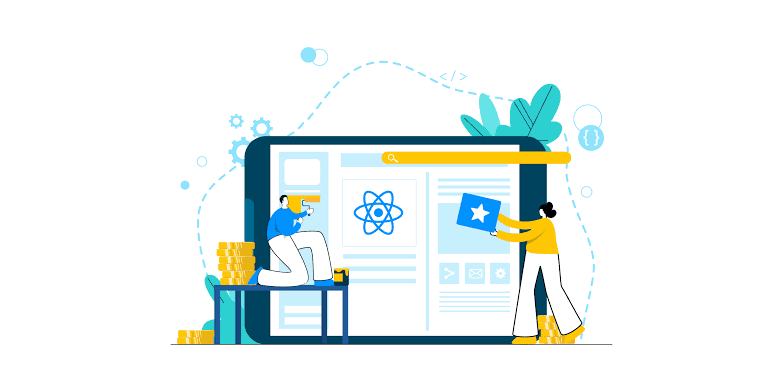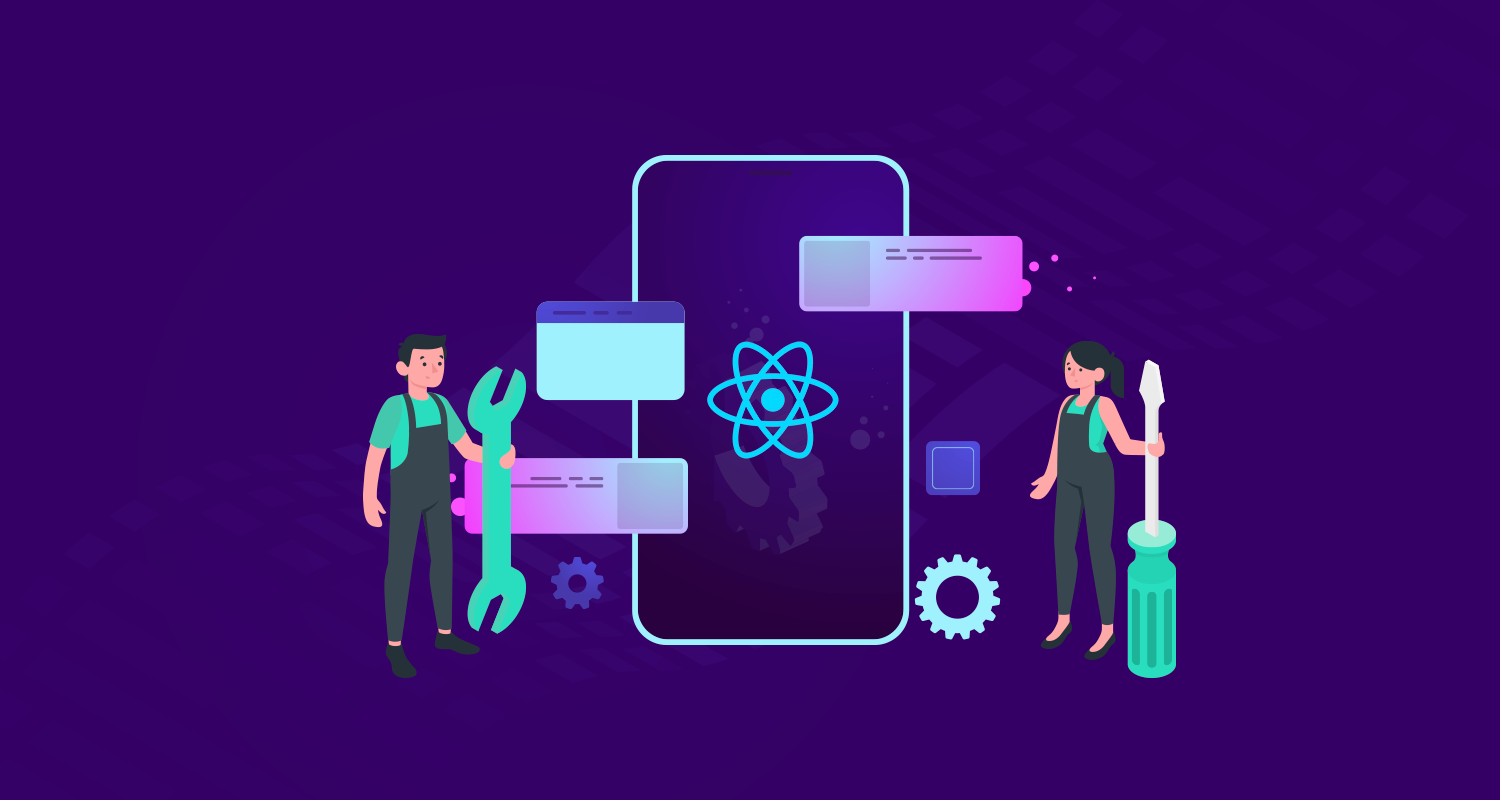If you have used ReactJS as your preferred JavaScript framework for building a mobile app, you have chosen the most efficient and performance-driven technology for your project. When you hire frontend developer with ReactJS expertise, he knows how the framework stays way ahead of most other JavaScript frameworks in all parameters including faster development, reusability of code, built in features, great performance and scalability.
But there is one big downside of the React library, and it is the higher maintenance cost for the ReactJS apps. Well, often, the maintenance cost for ReactJS apps can make a development company spend more than what was required for actual app development.
So, for the sake of high maintenance cost, should you leave React for other frameworks? No, you should not, because there are some proven and time-tested methods to reduce the maintenance cost of apps that every ReactJS development company should know. Here we explained a few of them.
9 Proven Methods To Reduce React App Maintenance Cost
1. Mobile Focused Development
Though for the vast majority of web apps prioritizing mobile interface has already become an accepted practice, you can still find a lot of apps that have not embraced this mobile-first approach. To save the future maintenance cost corresponding to the design switch from non-responsive to mobile-first, you need to ensure responsive design during development.
2. Use Structured JavaScript
There are too many apps that did not use structured JavaScript and this resulted in a lack of understanding by the developers for future changes and updating tasks. As there are several tried and tested ways to structure JavaScript, make sure it remains constant for the time to come. By using structured JavaScript you can keep the code clean. To ensure the code doesn’t become chaotic over time, use a specific style guide as well.
3. Code Quality

A great user interface and faster app performance don’t guarantee that the app has excellent code quality. While a poorly written code can work well initially, over time, it gives way to several faultlines and poor UX attributes. At a later stage, fixing shortcomings with code quality can really be a costly affair. This is why, during development, you need to ensure following a clean and concise coding standard.
To maintain good code quality, maintain the three things mentioned below.
- Every record should follow an identical pattern
- There should be consistent use of indents
- Make sure the semicolons used in the code follow a consistent pattern
4. Clear Documentation
When an app is built and launched, the need to call developers remains a possibility. Any new developer working with your project may struggle to understand the structure and the intricacies of coding without proper documentation describing everything. This is why, when an app is built, you must insist on clear documentation for the entire app. This will help future developers who will work on your app project. In case your app doesn’t have any documentation for the entire app structure and codebase, this may cost you extensive development hours for the maintenance of the app in the future.
5. Taking Cognisance Of The Impact Of Every New Feature
It is not uncommon for developers to go after new features and functions that are trending or becoming popular. For your ReactJS app also you can add new features or services. But while doing it, always discuss with expert developers regarding the future impact of the same in the long run. In case the app feature is likely to make a negative impact on the app performance in the future, removing the same may involve considerable maintenance costs.
6. Outdated Third-Party APIs
For integrating features and making a number of key-value additions, most applications rely on third-party APIs or extensions. Many of these packages can come as entirely free and open-source. But always remember any outdated package can only increase your vulnerability to performance glitches or security issues. In the future, for removing those outdated packages can be a daunting and expensive task. This is why it is essential to use packages that are updated and well maintained.
7. Ensure Extensive App Testing
App testing carried out by professionals and by using all time-tested protocols, and quality tools can save your app from all kinds of performance and security glitches that most apps suffer from. Good testing can not only boost your business conversion and audience engagement but can also reduce the need for future maintenance and repair tasks. By carrying out extensive testing, you can ensure quality coding standards and implement the features and functions more accurately.
Automatic testing is an excellent approach to prevent errors throughout the development process. Automatic testing approach also helps developers adding new features and making continuous improvements while every new element and attribute undergoes continuous testing. By implementing automated testing, you can minimize the scope of errors and the need for future maintenance for your ReactJS app.
8. Continuous App Maintenance
In most cases, after a ReactJS application is made and deployed, the development company keeps away its hands from the project, and the entire responsibility of maintenance goes to the client company. Normally, maintenance requirements appear down the line in a year or so, and then addressing the issues involves considerable cost. On the other hand, if the app is maintained from time to time with frequent small checks and repairs, more significant maintenance costs can easily be avoided.
9. Use Updated ReactJS Version
ReactJS, as a framework, continues to get updated to provide better security, performance, etc. Every new React update comes with new bug fixes, security enhancements, and performance-boosting measures, etc. A React app only by using the latest and most updated ReactJS version can reduce the maintenance needs and corresponding cost to a great extent. This will also help to keep ReactJS productive while keeping the maintenance cost at a low.
Conclusion
Last but not the least thing to say is app maintenance is something you cannot avoid totally. But less maintenance scope and needs always help you reduce the recurring maintenance cost while delivering consistent performance.
